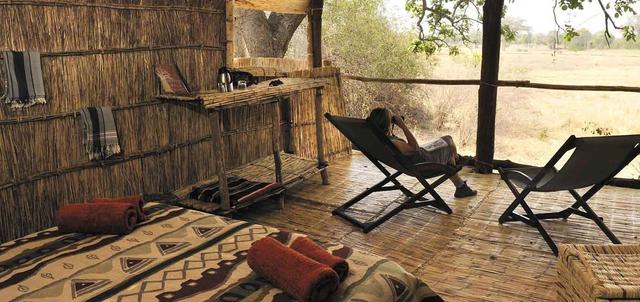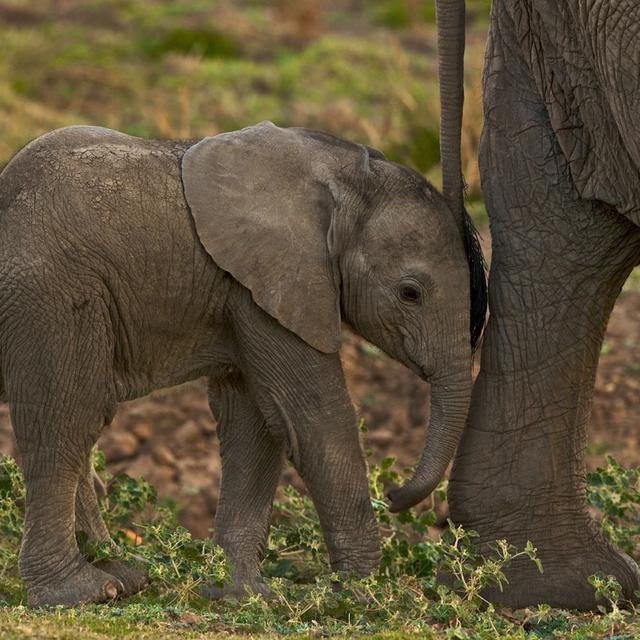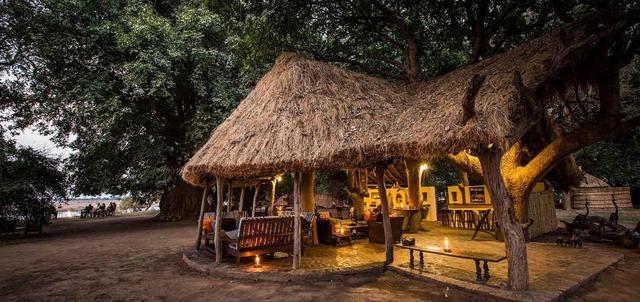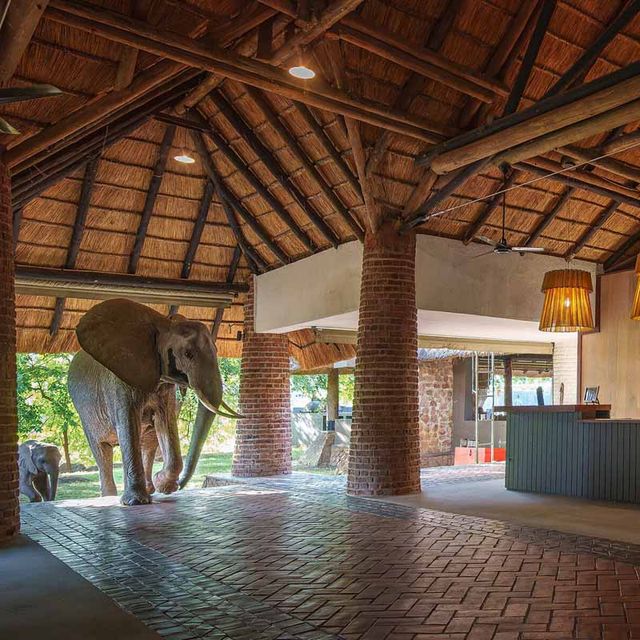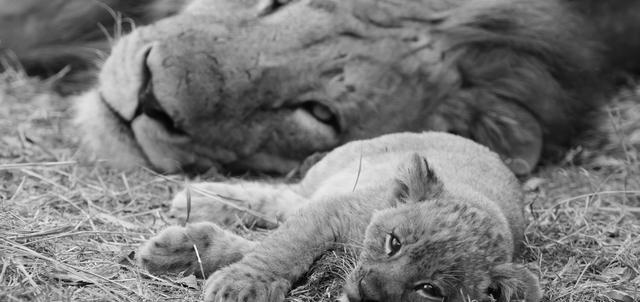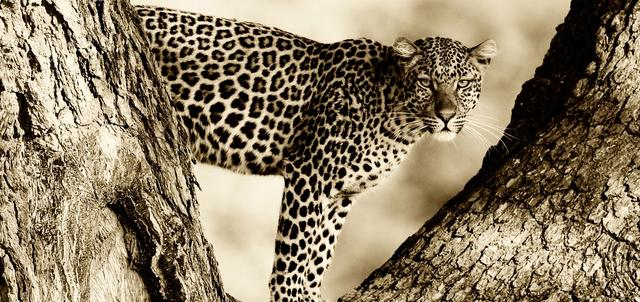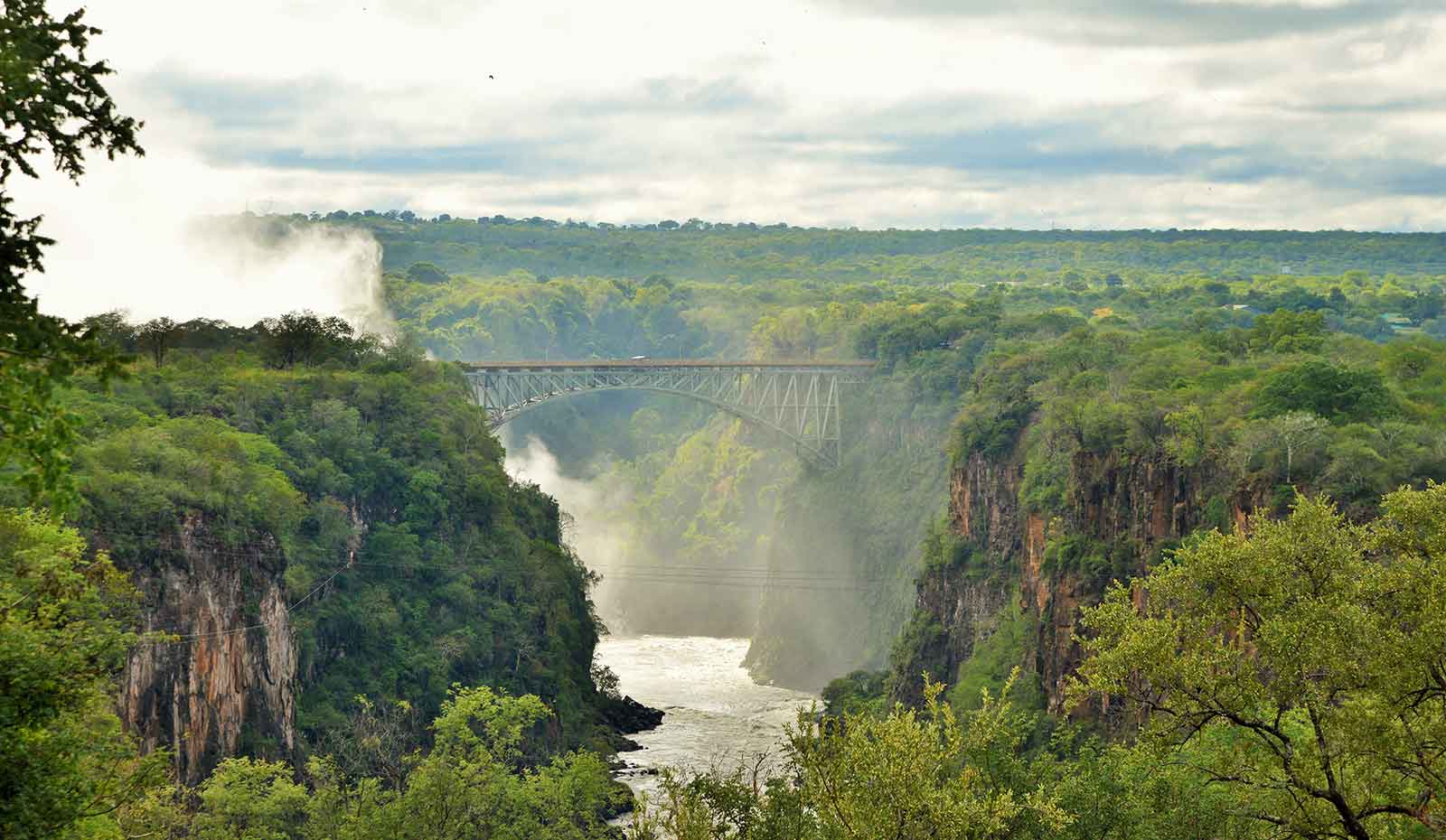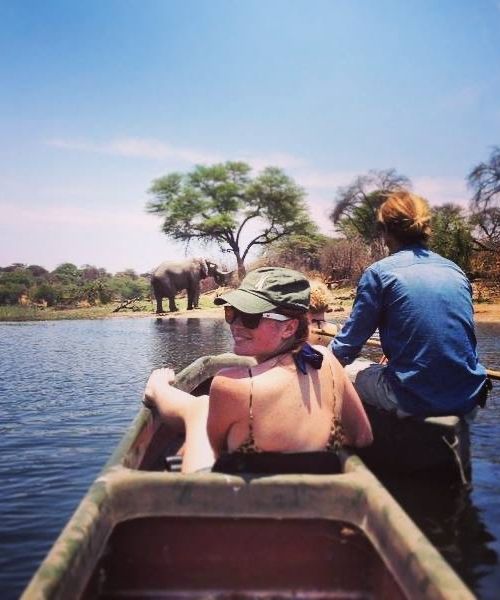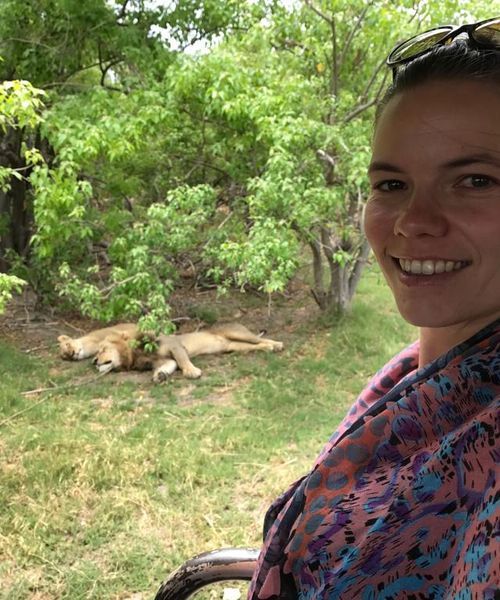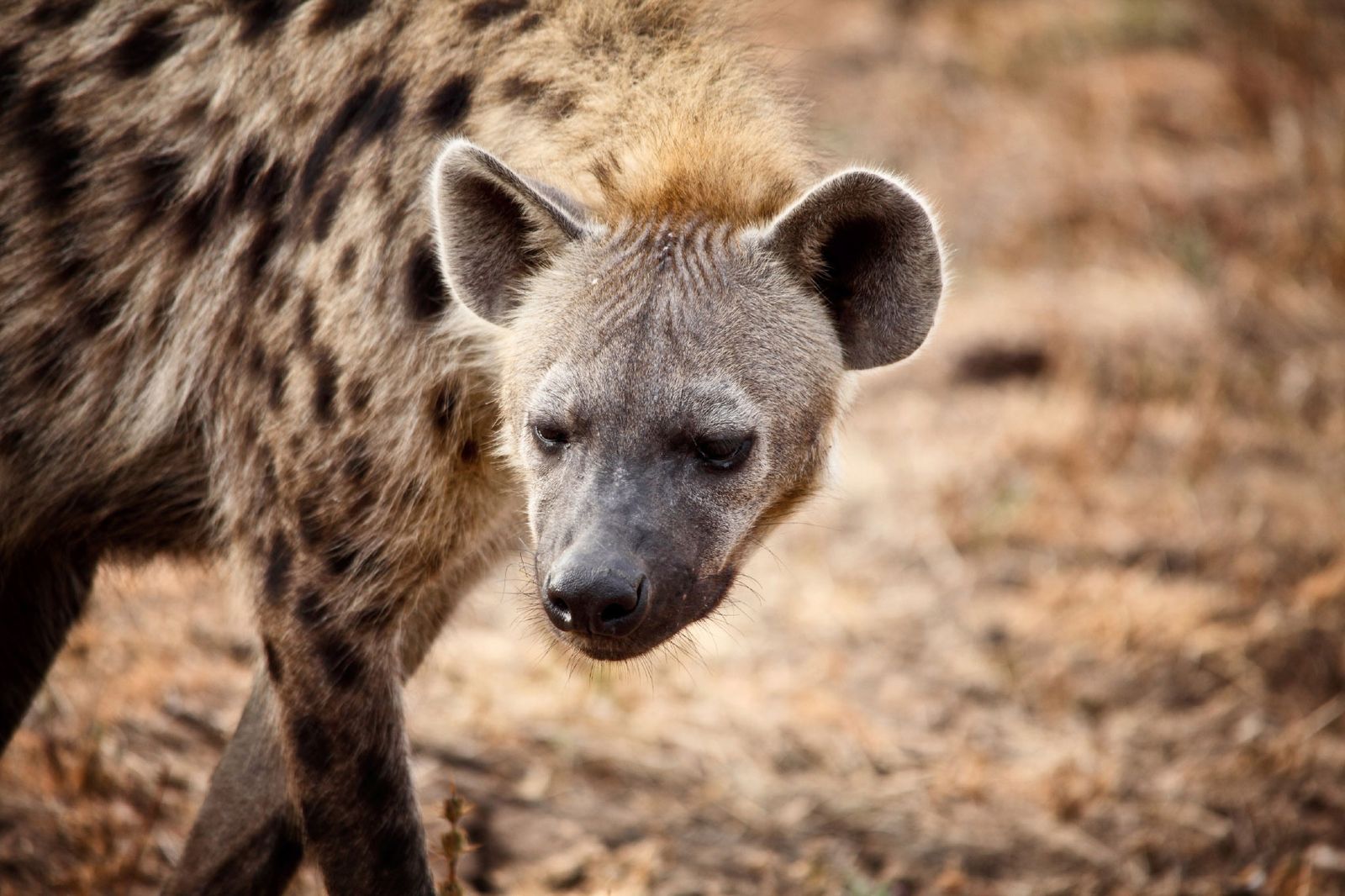
Kalamu Trails
Kalamu Walking Trail allows safari-goers to experience the thrill, majesty and pristine nature of the Luangwa wilderness on foot. Guests begin at Kalamu Lagoon for one night before going on to explore the untouched northern banks of the Luangwa River on foot.
Kalamu Trails Highlights
Kalamu Trails is situated in the Luamfwa area in South Luangwa in Zambia; a unique experience ideal for the devoted safari guests looking for an adventurous and traditional safari experience. It promises to be one of the greatest wildlife experiences Africa has to offer. Kalamu Trails offers a close to nature wildlife experience taking you back to grass roots level.
- Kalamu Walking Trail allows safari goers to experience the thrill, majesty and pristine nature of the Luangwa wilderness on foot.
- Nights are spent at the unique Chinengwe Riverbed Camp and Kalamu Star-bed Camp.
- This trail greatly enhances a stay at Kalamu Lagoon Camp.
Kalamu Trails Game Viewing and Activities
The Luamfwa area is known to offer the best walking destination in Africa, guests visiting Kalamu in the South Luangwa National Park have the choice to explore the Luangwa riverine vegetation and adjacent dambos on guided walks and game drives. The highest concentration of wildlife is found along the Luangwa River and its rich vegetation. There are herds of elephant and buffalo, as well as dominant antelope species such as impala and puku. Other antelope include common waterbuck, bushbuck, eland, kudu, grysbok, oribi, reedbuck, Lichtenstein's hartebeest, sable and roan. Species such as Thornicroft's giraffe and Cookson's wildebeest occur nowhere else on the planet and the area's leopard viewing is legendary. The major predators are lion, leopard, spotted hyaena and wild dogs. The dry season along the Luangwa River when all game is forced to congregate along its banks as water resources dwindle elsewhere, is an experience everyone should indulge in. High-density hippo populations dot the riverbanks while yellow baboon and Defassa waterbuck provide a contrast to their southern cousins.


